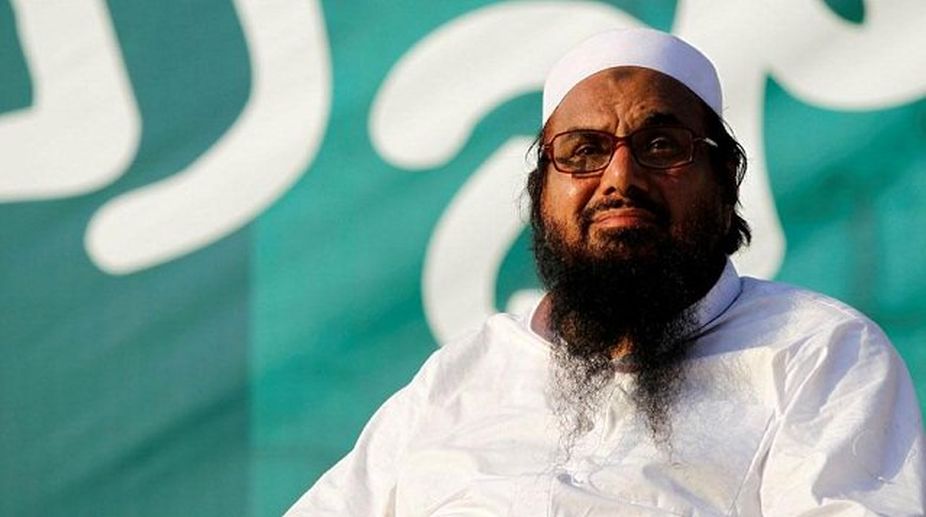The executive in Pakistan, exemplified by a lame-duck government in Islamabad, has suffered a double whammy at the hands of an increasingly powerful judiciary. In the net, Hafiz Saeed, believed to have masterminded Mumbai’s 26/11 butchery and now helming the fundamentalist Jamaat-ud-Dawah, might well be enjoying a quiet chuckle on the eve of Pakistan’s national elections.
To summon the language of the metaphor, he is now in a position to savour a double Sunday. Politically, Friday’s directive of the Islamabad High Court to set aside a decision by the Election Commission of Pakistan (ECP) to reject the application of Jamaat-ud-Dawah’s political front Milli Muslim League (MML) for registration as a political party is without question a shot in the arm for Saeed, much as it has been greeted with a degree of consternation by the civilian government, not to forget the Rawalpindi GHQ.
Advertisement
Arguably, the court order cannot but be unnerving for India as well. A virtually outlawed entity will now be free to engage in the renewed tryst with democracy… for whatever it might imply in Pakistan’s perspective. The order in favour of the MML was pronounced days after a Pakistani court extended a stay against the “possible arrest” of the JuD chief till April 4.
The judiciary has binned the Election Commission’s stand, specifically that the MML would be barred from contesting the elections because of its alleged links with banned militant outfits. That robust decision had been taken by the commission on the basis of the Interior ministry’s recommendation calling for a ban on the MML for its links with banned militant outfits.
The ministry had stated that JuD and its “charity-front” ~ Falah-i-lnsaniyat Foundation (FIF) ~ were banned organisations under the Pakistan Security Council Act 1948. The order has quite palpably placed the government on the back foot. At another remove, the judicial intervention might well bolster the position of JuD and the MML ahead of the elections.
The court’s order comes in the backdrop of a meeting of the Financial Action Task Force (FATF), an intergovernmental money-laundering watchdog, that has placed Pakistan on the “grey list”. At its meeting in Paris last month, Saeed and his “charities” were top on the list of the groups that the FATF wanted Pakistan to act against.
Not wholly unrelated is the directive of Lahore High Court to extend the stay against the possible arrest of Saeed who had filed a petition fearing his arrest allegedly at the behest of the United States and India. Between the High Courts in Islamabad and Lahore, the two successive verdicts have ensured that Saeed is a free man before the elections.
Equally, his fundamentalist party will be free to contest. The plot, that historically revolves around parties and politics, has thickened across the Radcliffe Line, almost in the manner of a Mughal court.











